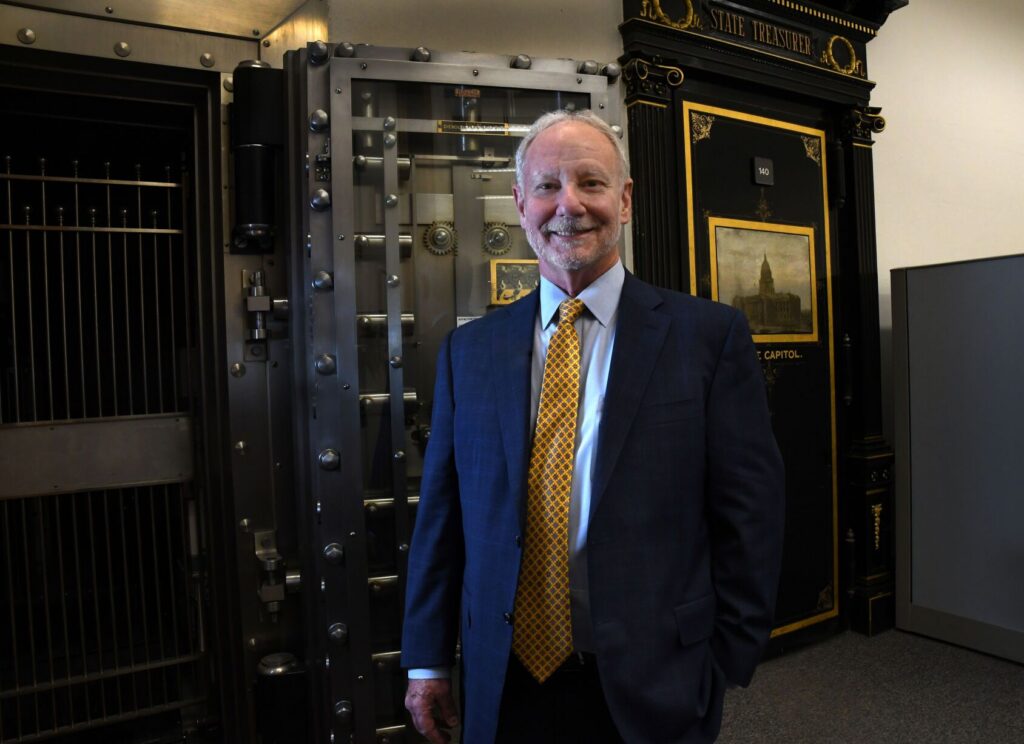New nominee on the horizon, judicial branch leader talks about diversifying the bench | COURT CRAWL

Welcome to Court Crawl, Colorado Politics’ roundup of news from the third branch of government.
The White House has selected another nominee for Colorado’s federal trial court, and the head of judicial diversity programming in the state’s court system talked about her efforts at making the bench look more like the people it serves.
Crewsing to a judicial appointment
? The Biden administration has selected U.S. Magistrate Judge S. Kato Crews for the next vacancy that will arise on Colorado’s seven-member U.S. District Court. If confirmed, Crews will succeed Raymond P. Moore, an Obama administration appointee who is stepping down as an active judge in just under four months.
? Will the U.S. Senate be able to confirm Crews by then? University of Richmond law professor and federal courts watcher Carl Tobias is cautiously optimistic: “It may be more difficult to receive a floor debate and vote, as six or seven appellate nominees and 40 or so district nominees are in the queue. However, I think May or June confirmation is possible,” he said.
? Crews has been a magistrate judge since 2018 and before that he was a corporate attorney. He would be the third magistrate judge in Colorado’s history to be appointed to a life-tenured district judgeship. To date, Crews is the fifth trial judge the Biden administration has nominated in Colorado, and the sixth judge overall (between the trial and appeals courts).
? As a reminder, Colorado’s district court has one vacancy right now, and the Senate has yet to vote on the nomination of Gordon P. Gallagher. The good news is that once Gallagher and Crews are confirmed, there likely won’t be another vacancy at the district court for a while.
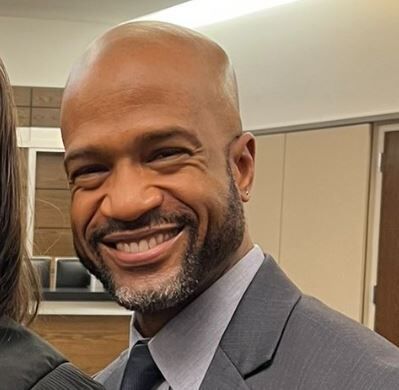
Q&A with judicial branch’s diversity leader
? In 2019, the state legislature authorized a position within the Judicial Department that would handle education and outreach regarding court vacancies, with an eye toward increasing diversity. The person who took on that role, Sumi Lee, spoke to Colorado Politics about the work she has done so far and the areas still ripe for improvement:
Colorado Politics: From what you hear, what are the biggest reasons lawyers cite for not wanting to become judges?
Sumi Lee: What surprised me the most from talking to judges around the state is that most of them did not initially plan on becoming a judge. It was not until a colleague or a judge saw potential and encouraged them to apply. Especially for attorneys from underrepresented communities, imposter syndrome plays a role in delaying or discouraging someone from applying. A story that sticks with me is a diverse, female judge who told me that she filled out the judicial application, but that she put it in her desk drawer and did not have the courage to apply until five years later.
The programs we have underway now, such as the Dream Team 2.0 Judicial Coaching program, are designed to give diverse attorneys an opportunity to thoroughly examine why they want to become a judge and how. At the end of the day, being a judge is an important and often difficult job. We want each judicial applicant to apply not for the prestige of the black robe but because they want to serve the public and understand the impact they have as a judge.
CP: The Biden administration has emphasized appointing judges of diverse professional backgrounds – public defenders, civil rights attorneys – and not the traditional candidates of prosecutors or corporate litigators. Is it time to start tracking that aspect of diversity in Colorado, too?
SL: Diversity of professional backgrounds on the bench is also important to promoting public confidence in the rule of law and creating a judicial culture that values the rich array of life experiences and professional backgrounds that judges bring. We are looking to grow the Judicial Diversity Outreach program so that we can collect and analyze additional data points.
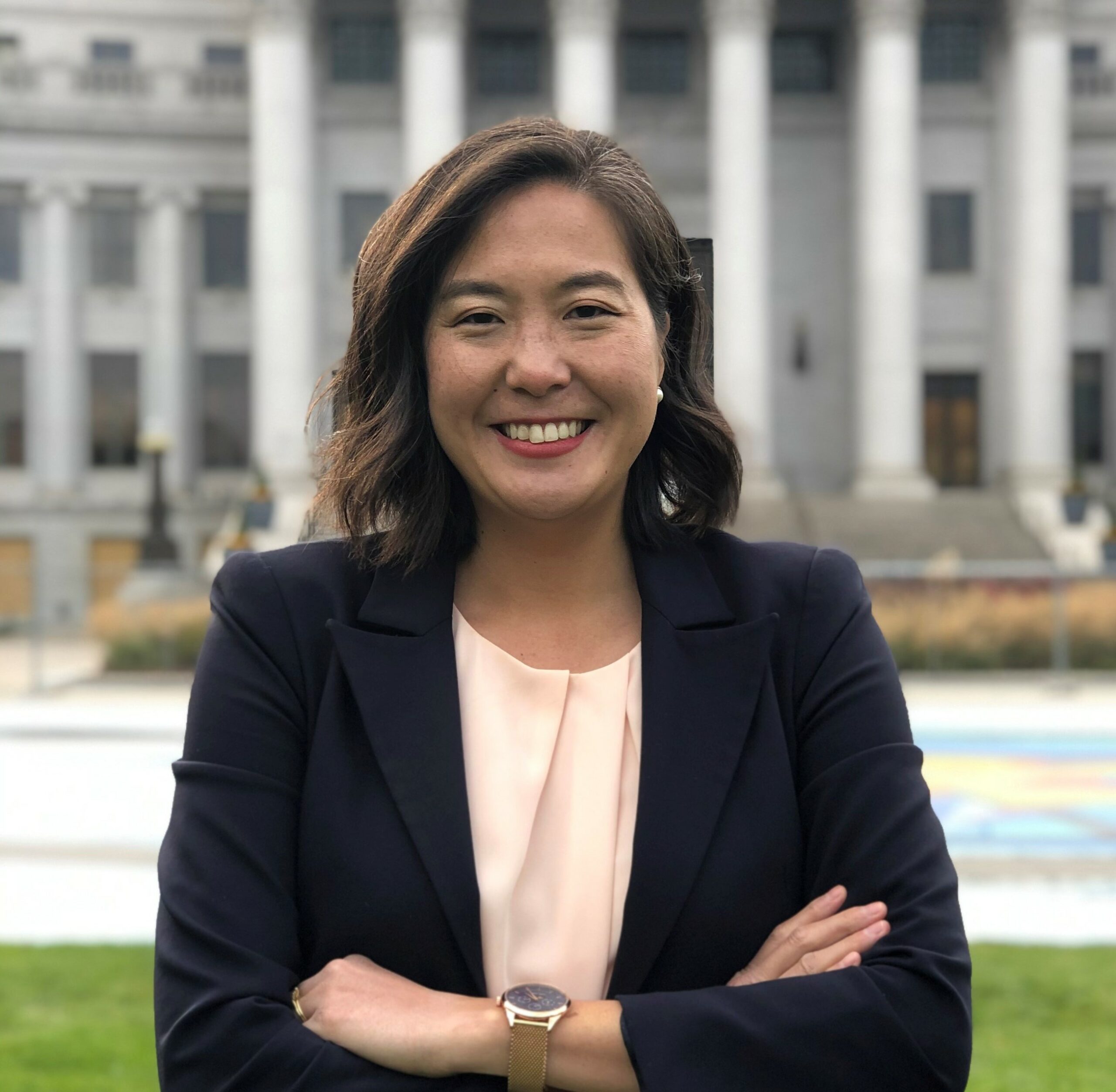
State Supreme Court news
? In a rare move, the Colorado Supreme Court jettisoned an appeal just days after hearing oral arguments. The issue the justices initially agreed to resolve was whether a Colorado law that automatically revokes a person’s conditional release from the state mental hospital if they refuse an evaluation is unconstitutional. While we don’t know what the court was thinking, there was some concern during oral arguments about the lack of any similar cases elsewhere in the country.
? Bad news if you own a fraction of an oil or gas field: the Supreme Court said only well operators, and not individual owners of oil and gas rights, are empowered to challenge the local property tax bill.
? The justices agreed to review the following issues: Under what circumstances can a lawyer, who is helping a defendant challenge his conviction, abandon any claims the defendant raised originally when he was unrepresented? If a police officer exceeds the speed limit during a pursuit and doesn’t turn his lights or siren on for at least part of the time, does governmental immunity cease to exist for injuries he causes in the pursuit? Is a parking garage a public building and, if so, what types of modifications open the government up to liability for any injuries that ensue?
? Colorado Politics’ cover story from last week looked back at the Supreme Court’s hearing on a proposed rule to crack down on racial bias in jury selection. There are some new revelations, such as an email a Seattle prosecutor wrote to her counterparts in Colorado cautioning that if the rule change had momentum here, “I think prosecutors would be best served by joining the movement.”
Heard on appeal
? The U.S. Court of Appeals for the 10th Circuit dismissed as moot a Republican challenge to Colorado’s system of voluntary spending limits in exchange for higher campaign contributions.
? A Denver prosecutor removed a Black woman, who appeared to be Muslim, from a jury because she spoke of “understanding” East African and Muslim culture. The state Court of Appeals found it was a close call, but that no racial or religious discrimination was behind the juror’s dismissal.
? Several years ago, an anti-abortion group secretly recorded Planned Parenthood leaders and edited the videos to make it seem as if the organization was illegally selling fetal tissue. After one Colorado doctor slammed the edited videos publicly, the videographer sued her for defamation. But the Court of Appeals agreed the doctor was right: the videos were deceptively edited.
? By 2-1, the Court of Appeals decided a Gilpin County juror, who said she “would need to hear that reason why” the defendant did not take the witness stand, wasn’t biased against him.
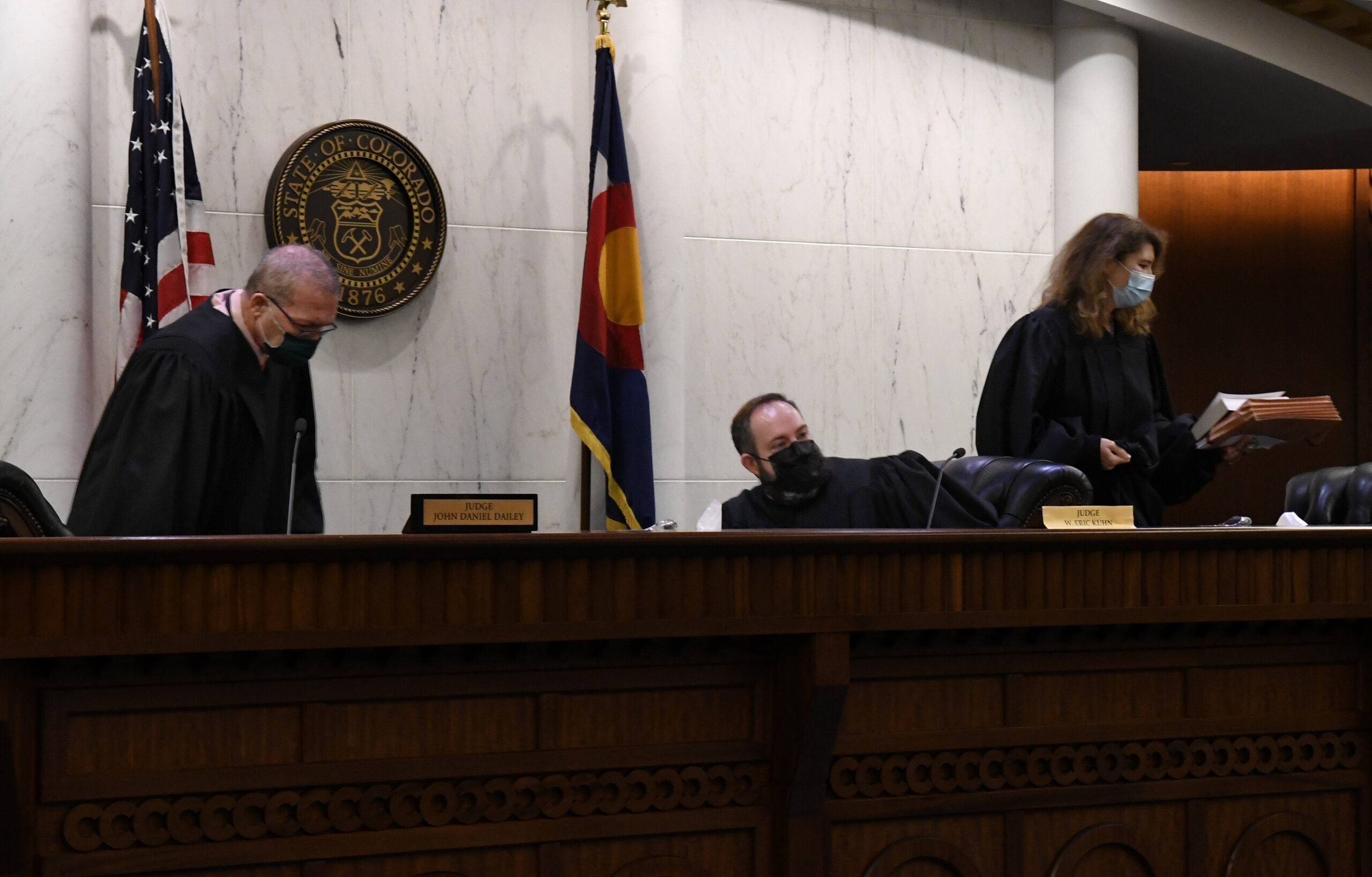
? A defendant taken into custody in El Paso County didn’t clearly invoke his right to an attorney when he wondered if the detective would “get me someone to talk to right now,” the Court of Appeals decided.
? By 2-1, the Court of Appeals decided the consequence of a procedural misstep, which neither the trial judge, the prosecution nor the defense noticed, is that the defendant must have a new murder trial.
? In another split decision, the Court of Appeals found a Weld County judge improperly authorized ongoing monitoring of a probationer’s electronic devices without justifying why it was necessary.
? For the eighth time in 13 months, an appellate court has reversed a criminal conviction in Adams County because of a judge’s faulty reasonable doubt analogy.
? Aurora may not “double dip” in local and state cigarette tax revenue if it chooses to pursue its own sales tax, the appeals court ruled.
? If someone convicted of a sex offense still has time to challenge his conviction and potentially receive a new trial, he cannot be forced to incriminate himself as a condition for receiving treatment, the Court of Appeals decided.
In federal news
? The Saguache County sheriff, one of his deputies and the county itself will now head to trial for claims that they are liable for the death of a suicidal detainee in 2019.
? A judge ruled that a lawsuit may proceed against Denver for the city’s alleged failure to train its sheriff deputies on the proper use of force when a detainee spits on them.
? A man acquitted of murder in 2020 may proceed to sue five Denver officers who allegedly lacked probable cause of a crime yet continued to prosecute him anyway.
Vacancies and appointments
? The governor has appointed Reid R. Stewart, a former prosecutor who now reviews broker-carrier agreements, to the La Plata County Court, where he will succeed former Judge Anne K. Woods.
? The three finalists to succeed former District Court Judge John E. Scipione in the 18th Judicial District (Arapahoe, Douglas, Elbert and Lincoln counties) are: Thomas Henderson, Magistrate Donna Stewart and Christine Washburn.
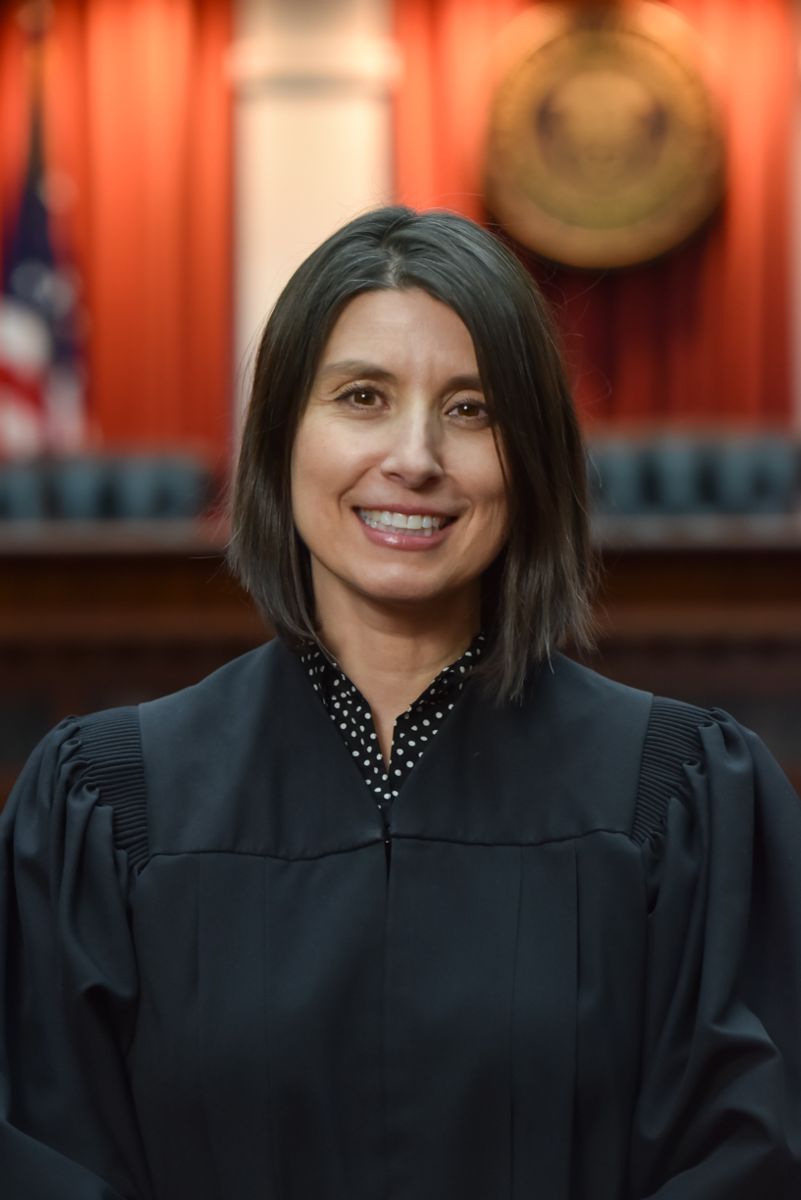
? Applications are due by March 9 to succeed the late Boulder County Court Judge Kristy Martinez. She died last week, having battled cancer earlier in her life. Martinez was the first director of the Korey Wise Innocence Project, which advocates for wrongly-convicted prisoners.
? Applications are due by March 1 to succeed now-District Court Judge Jonathan Shamis in his old position as part-time Lake County Court judge.
Miscellaneous proceedings
? The Colorado Supreme Court enacted a rule to create a “special tribunal” for lawyer disciplinary proceedings involving themselves or people close to them, which resembles another recent rule governing judicial disciplinary proceedings under similar circumstances.







